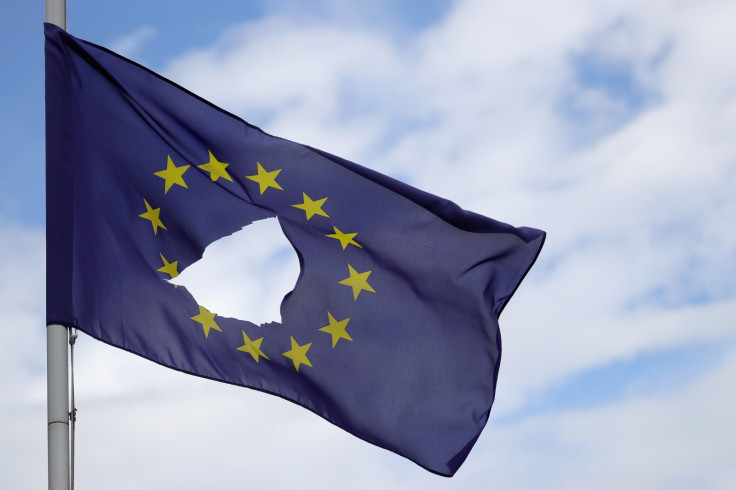Why are Kurdish and Catalan independence OK, but not British independence?
Because of its history, Britain will never be the underdog. That doesn't mean it can't be right.
Scots voting on whether to leave the United Kingdom? Exercise in democracy. Kurds voting on whether to leave Iraq? Exercise in democracy. Catalans voting on whether to leave Spain? Exercise in democracy. Britons voting on whether to leave the EU? Bigotry, xenophobia, racism!
It's odd, really. The global trend is toward having more and smaller countries. In the mid-1950s, there were 80 states in the world. Today, there are 200. Thirty of them have come into existence since 1990, most recently Montenegro, Kosovo and South Sudan. By and large, this development is both progressive and liberal: it means that decisions are taken more closely to the people they affect, and that national loyalties align more closely with electoral boundaries, making democracy more effective.
Yet, for some reason, the sorts of people who cheer for Timorese or Tibetan independence tend to react very differently to the notion of British independence. I suspect it has something to do with our tendency to rank the world into a hierarchy of privileges, and to form our sympathies, not on the basis of any objective criteria, but on the basis of supporting the perceived underdog. The Catalans and, even more, the Kurds, can plausibly present themselves as victims. Scottish separatists also tried to cast themselves in that light – albeit with less historical justification, which is one of the reasons they lost.

The UK, though, will never win many sympathy votes. Because it was the first industrial nation, it tended to have a technological edge over its rivals. Even when it was manifestly in the right, it was rarely the underdog. Its size and history mean that its Euroscepticism is resented in a way that that of, say, Norway or Switzerland is not. When the Norwegians and Swiss voted against EU membership, their decision was seen for what it was: a preference for democratic self-government. When Britons voted the same way, a thousand half-clever columnists reached for cliches about the British Empire.
Even so, the EU is swimming against the historical current. Its obsession with size is a sign of its age, a hangover from its 1950s childhood. In those days, big was beautiful, whether in business or in politics, and sensible men agreed that the future lay with massive conglomerates.
That, though, is not how things worked out. Hong Kong went on to outperform China, Singapore to outperform Indonesia – Switzerland, for that matter, to outperform the EU. The states with the highest per capita GDP on the planet, according to the CIA World Factbook, are Liechtenstein, Qatar and Monaco. Indeed, Qatar is the only territory in the top ten with a population of more than 350,000.
The EU won't give up on political integration. It refused to allow David Cameron to retrieve even a single competence, and thereby ensured that he lost the Brexit referendum. In a world where power is becoming decentralised, devolved and diffused, Brussels remains dogmatically attached to the federalism that Jean-Claude Juncker preached last week.
That difference of vision explains why it is in everyone's interest for Britain to replace its current deal with something looser and friendlier. After Brexit, on the same principle, we should pass the powers we have recovered from Brussels downwards and outwards, to local authorities or, better yet, to individual citizens. That, though, is another story.
© Copyright IBTimes 2025. All rights reserved.






















